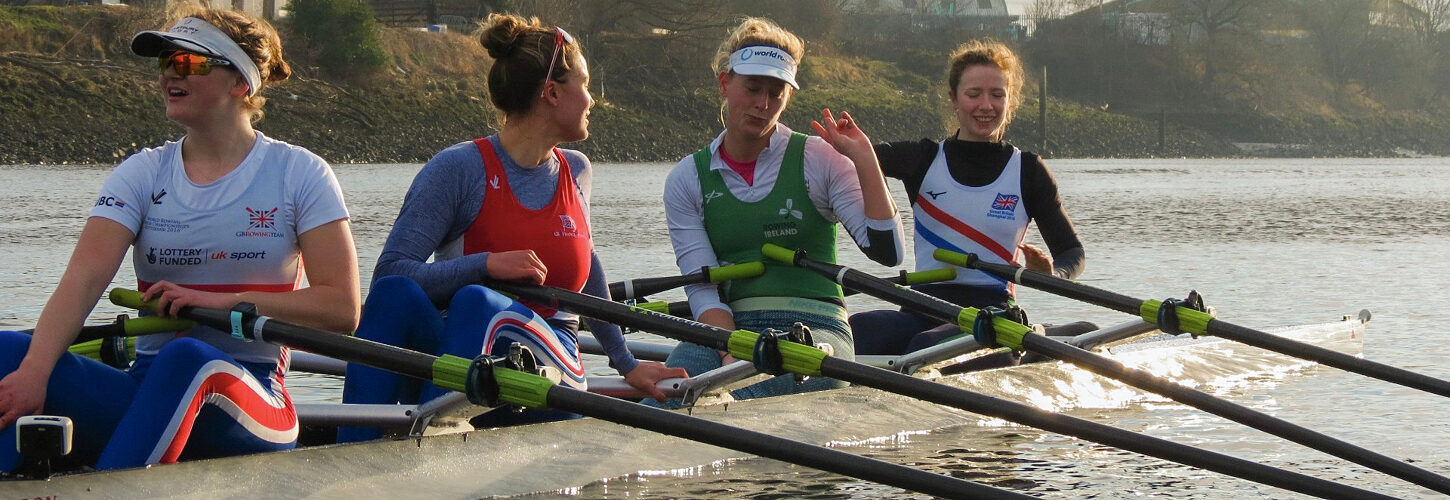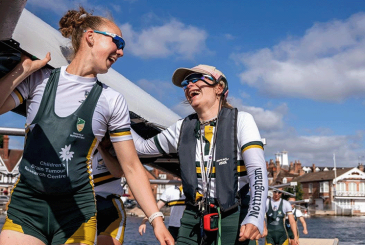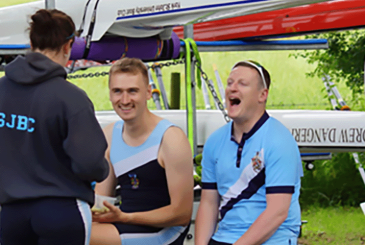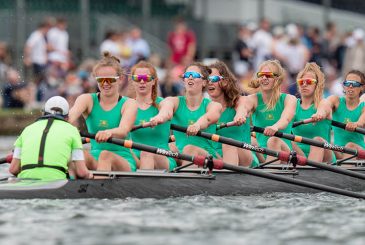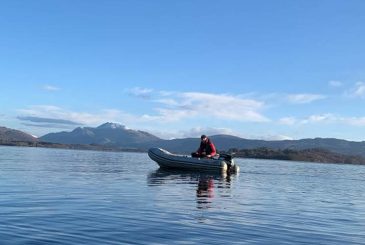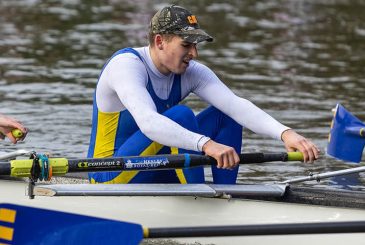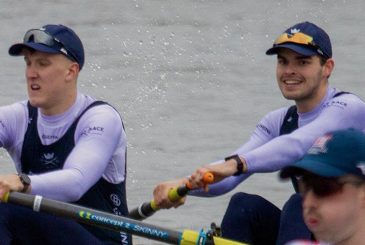John Laurenson from Junior Rowing News reflects on an extraordinary year for university students
Throughout the past year, everyone across the world has had their lives turned upside down by the pandemic – life for our university students has been no different. What is supposed to be the ‘time of students’ lives’ came to a dramatic standstill in March 2020, with most students retreating from their places of education favouring being at home with their families. Having yo-yoed into and out of various shades of lockdown ever since, we have seen almost a year of fully remote learning and e-training for student rowers.
With rowing now returning to the UK universities, it’s a prime time to reflect on our year in lockdown.
Working from home and doing more independent learning has – for some – improved the status quo. Speaking for myself (and many others, I suspect), I wouldn’t have minded having to study online. However, what made things more challenging was the sudden severance from friends, teammates and colleagues; missing out on those everyday interactions that are so crucial to one’s wellbeing. Rowing comes under this bracket for me. While most of us row to satisfy our competitive nature, spending time with like-minded individuals is where the real value is. Without ‘actual’ rowing, it has been hard to maintain this community.
To combat this isolation, there have been some fantastic events organised by clubs across the country. For instance, De Montfort University (DMURC) organised a virtual BUCS Regatta, which encouraged student rowers from across the country to challenge themselves to a 2km running competition against other university ‘crews’. After this successful virtual BUCS Regatta, DMURC teamed up with Bath Spa University RC to host the Lockdown Regatta, which attracted rowers from over 50 clubs and raised money for NHS Charities Together.
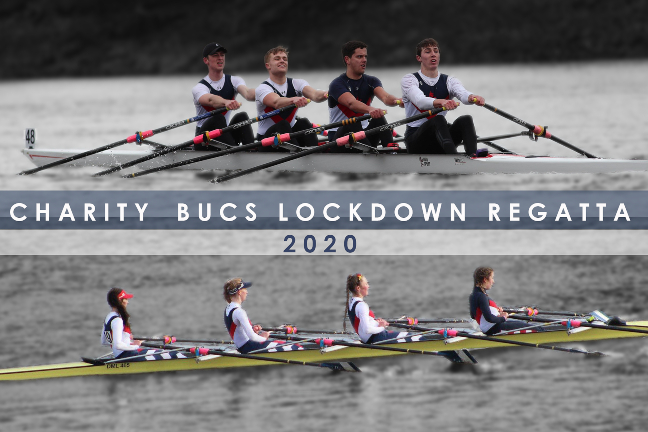
“I think these events are vital to students and the clubs they are a part of,” said Abi Watson, President of DMURC, when asked about the value of virtual events during lockdown.
“We find ourselves in an ever-changing world where university students constantly feel forgotten and neglected. These events give students something to aim for, as well as the opportunity to show off the long hours they put into their training.”
When it came to maintaining a semblance of normality, each university dealt with the situation differently. Some high-performance clubs were able to donate an erg to each rower to help them keep up their training in the hope of summer regattas such as Henley Royal going ahead.
Coaches were more relaxed with training plans at other clubs, deciding to give people some flexibility, acutely aware that wellbeing superseded splits. Allowing athletes to take a break from specific rowing training would enable them to recharge their batteries and be all the more motivated to get back on the water again. Many rowers turned to running and cycling as their primary modes of training, as evidenced by the explosion of Strava clubs over the last year.
“It’s the value of rowing for our mental health through the friends we make, the lifestyle and the boathouse culture”
The availability of platforms such as Zoom and Microsoft Teams has allowed clubs to host meetings and sessions to help with morale and motivation, providing something of a solution to the challenge of sustaining a powerful squad connection, whilst overcoming geographical isolation.
When it comes to the specifics of how clubs dealt with lockdown, each found itself in a different position. For Oxford and Cambridge, the glory of a Boat Race victory provided motivation in excess, whilst for other high-performance centres – such as Newcastle and Oxford Brookes – the lure of a summer touring the nation’s regattas was enough to pull the team together. Others such as Bath focused instead on the opportunity to bring the squad together, with daily calls and the option to train together – virtually, of course.
Since returning to the water, some clubs have hit the ground running, with the clocks ticking, medals at the summer regattas are all to play for. Others take a more relaxed approach, allowing athletes to enjoy their outings while the rustiness of six (plus) months off the water is chiselled away.
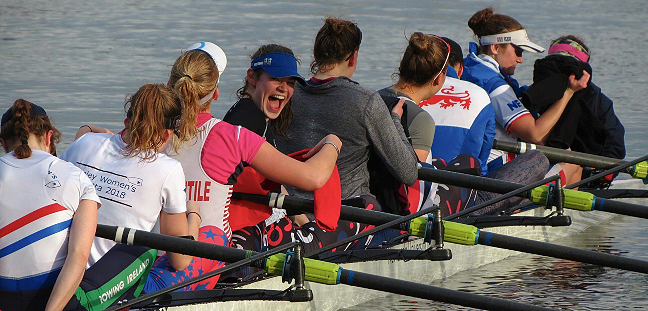
Whether your club is performance-focused, recreational – or somewhere in the middle – if there’s something we have all learned over the last year, it’s the value of rowing for our mental health through the friends we make, the lifestyle and the boathouse culture.
So, as the student rowing community fires up its mighty engines once again, let’s take the time to enjoy our sport together, and relish those early mornings on the water.
If we can take the time to support ourselves and our friends over the coming months, the flames of this past year will only temper our spirit, forging us into a stronger community.
Photos: Fergus Mainland


